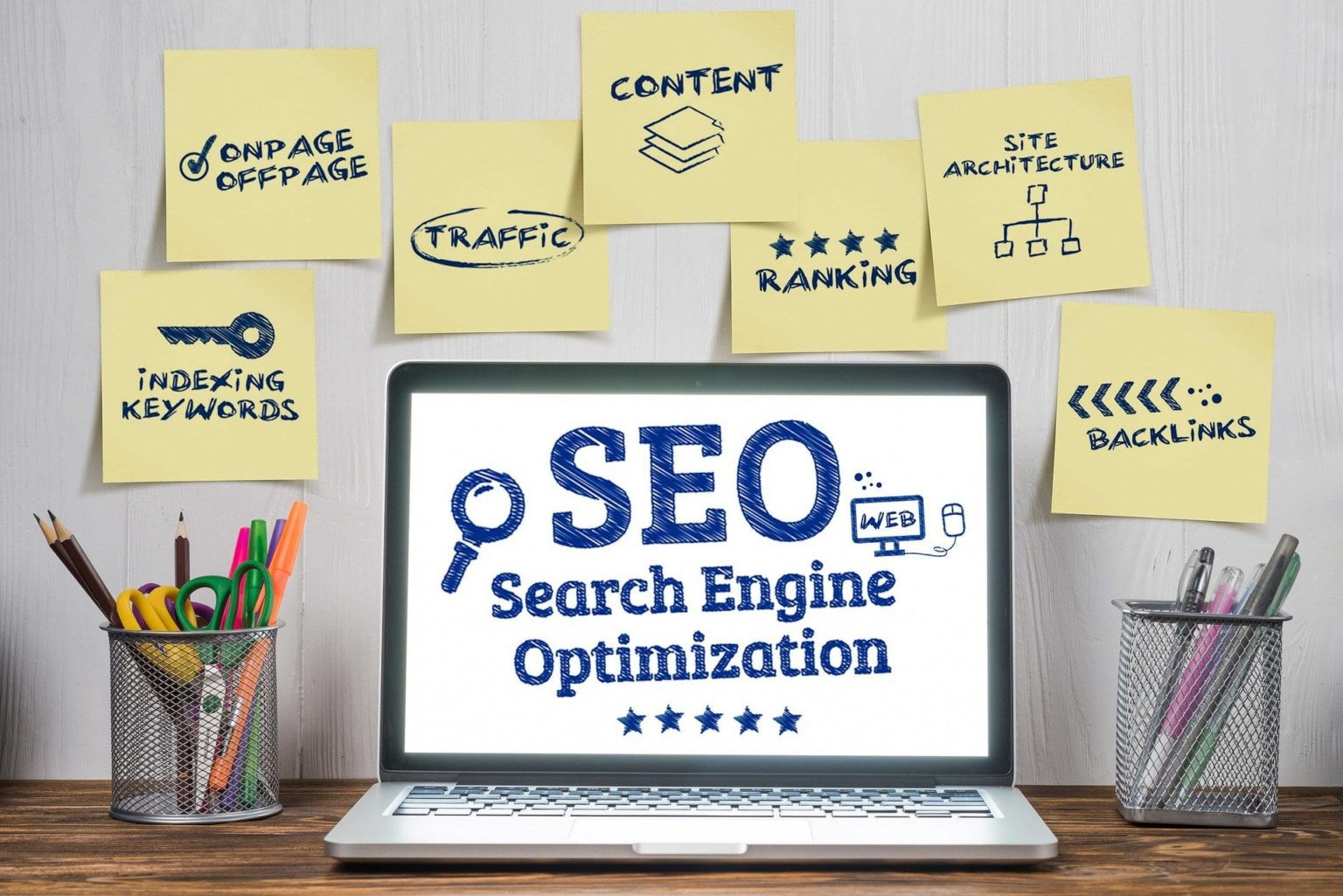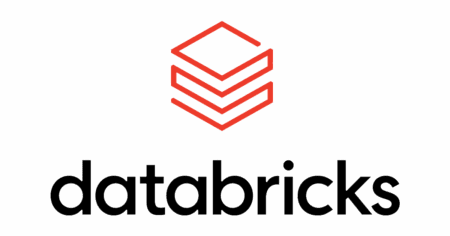Many businesses recognize the importance of SEO, but they often want to know how long it will take to see the results of their endeavors. It’s a tricky one, as there’s no one-size-fits-all answer. A lot depends on your position at the start of an SEO campaign, including competition, and how well established your brand already is. Since no two websites are the same, the results of an SEO initiative won’t be evident at the same time, either.
SEO is a Marathon
What is certain, no matter what the intricacies of a particular website, is that SEO should be regarded as a ‘marathon’, rather than a ‘sprint’. This is particularly important if you want to see long-term, continuous benefits, and growth from SEO.
Many firms might see an initial difference in their results within the first three months of using expert SEO services. More noticeable results may be apparent after six months, and after 12 months, SEO may be having a positive impact.
The problem is, many firms think that a short, sharp burst of intensive SEO activity is enough to keep them hovering at the top-ranking spot. Unfortunately, this isn’t the case at all. Once you cease your SEO efforts, you’ll soon lose ranking to those companies that carry it on, and search engines will quickly drop you off their ranking radar, especially as their algorithms change.
On the other hand, some companies may quit their SEO efforts if they fail to see any difference after a few months. This is a short-sighted approach and it could just mean you need to wait longer or should adapt your campaigns to maximize the resulting potential.
Yet how you define results shouldn’t just be based on the position of your search ranking, or how much traffic you generate. It should also include your return on investment, or ROI, and at what point your profits are greater than your costs. Experts reckon that it can take one to two years to break even and start to see financial gains, but in competitive markets, this may take even longer.
10 SEO Facts You Probably Didn’t Know for 2015
Any good business owner or marketing professional trying to leverage the Internet understands how important search engine optimization is and how challenging it can be to keep up with it. Considering that it’s a very dynamic field, it is not surprising that it continues to change and evolve every year. This makes it crucial for you to study up on all of the trends and shifts so you can consequently adjust your overall online strategy.
To help you keep up, update your knowledge base with the points below…
1. PageRank has been placed at the bottom of Google’s indexing algorithm.
If you were thinking that you can breathe easy just because you have a high PR, think again! Ever since a lot of shady characters tried to make money by selling links and thereby exploding the ranking system, Google has placed less weight on it. Thus, there’s no point in making a big deal out of it anymore.
2. Contrary to popular belief, content is not everything.
As essential images and text may be for visibility on SERPs, they are nothing without proper promotion strategies, relevance, and context. Your visitors should be the boss and the content should be targeted to them. Otherwise, people could get away with writing about anything and everything even if it doesn’t match the rest of the website.
3. Social media does have an impact on SEO.
It’s true that comments and likes are not indexed on Google. However, social media is still worth adding to your strategy this 2015 as it gets your message and brand in front of a wider audience. Additionally, it builds reputation and engagement as well as produces an ongoing cycle of activity on your pages.
4. Mobile search optimization is more important than ever.
From the latest Mobility Report from Ericsson, there are 2.9 billion mobile broadband subscriptions across the globe today. If you want to reach out to those users, you need a mobile-friendly website that has just as much searchability, content, and presence as with your desktop site.
5. Return-on-investment measurements are better than keyword rankings.
Proving how much ROI you’re actually getting for your efforts is certainly better than just knowing your rank in the SERPs. For this, you’ll need an advanced system for tracking users over a long period of time. With it, you can determine initial search queries being used, goals that lead to revenues, and total customer lifetime values.
6. User experience takes precedence over personal taste.
Rather than aim to have a website overflowing in graphics, your goal should be to make it easier for a visitor to browse through and use the interface. Think about what would make people stay longer. Factors that can affect this include site speed, availability of information, and site navigation.
7. There is a need to adopt semantic search strategies.
In the past, marketers would focus on one major keyword and work from there. Now, it’s all about what people are typing into search engines. Ergo, you have to start optimizing for whole topics and not just singular keywords or phrases.
8. Meta descriptions are not dead.
Meta descriptions no longer play a direct role in ranking for the indexing algorithm. Still, they influence click-through rates as they are what entice users to actually click on your website. When they do, it tells Google that your landing pages are relevant to what people are searching for.
9. Negative or penalty SEO monitoring and recovery are a must.
Getting hit by a Google penalty is not an enjoyable experience. Not only does it tank your rankings, it can also affect your bottom line. You have to acknowledge and resolve problems as soon as possible, but that only happens if you’re on the lookout for such pitfalls.
10. Consistency and perseverance do matter.
Let’s say that you did some link-building and worked on the anchor texts a few months ago. Does that mean your work is over? Of course not! You have to keep at it every day with fresh content and constant online activity. You need to provide value to searchers, and you can do that best by going at it regularly.
Now that you know what’s up in the SEO world today, you should get started on it. Search engine optimization is important for businesses across the globe. With increasing internet user penetration, it’s inevitable that more and more people have gone, and will continue to go, online. You should want to reach those potential customers and you can do that by consistently optimizing your site in the right way.




